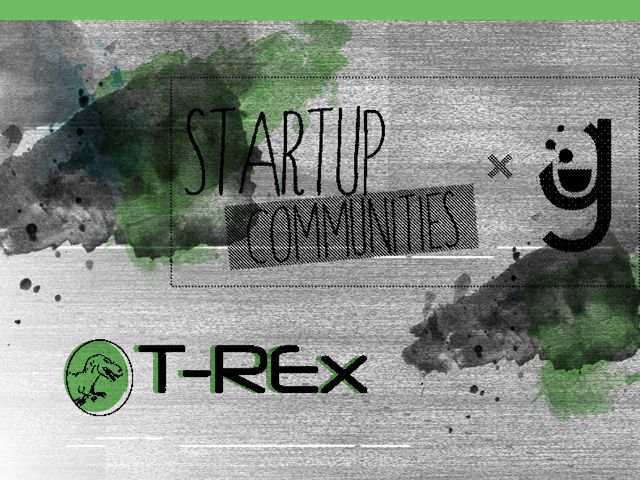Over the next two weeks, Next City will unroll short profiles of 77 people, places and ideas that have changed cities this year. Together, they make up our 2012 Disruption Index. Forefront subscribers can download the Index in full as a PDF, complete with beautiful designs and graphics by Danni Sinisi. Readers who make a $75 donation to Next City will have a full-color printed copy of the Index mailed to them.
Sometimes even great business ideas need a little help. Thanks to a new and growing crop of business incubators, entrepreneurs are able to tap into large pools of expertise and experience to help them turn their ideas into reality. In St. Louis, three non-profit economic development groups have underwritten T-REx, an incubator that’s been helping to connect entrepreneurs with the education, experience and investment needed to get their ideas off the ground. Denver’s Galvanize incubator is aiming to grow a string of tech businesses in the city. Its focus is on providing the co-working space, and the collaborative business learning of a typical incubator, with an added crash course in coding to help the web-illiterate break into the world of programming. And in Seattle, the founders of the Center for Impact Innovation, yet another incubator, are touting their co-working facility as one of the largest concentrations of social entrepreneurs in the country. These incubators offer a new and exciting way that entrepreneurs can come together to not only help one another with their business ideas, but also to help grow the sort of business community cities need to thrive.

Nate Berg is a writer and journalist covering cities, architecture and urban planning. Nate’s work has been published in a wide variety of publications, including the New York Times, NPR, Wired, Metropolis, Fast Company, Dwell, Architect, the Christian Science Monitor, LA Weekly and many others. He is a former staff writer at The Atlantic Cities and was previously an assistant editor at Planetizen.
















